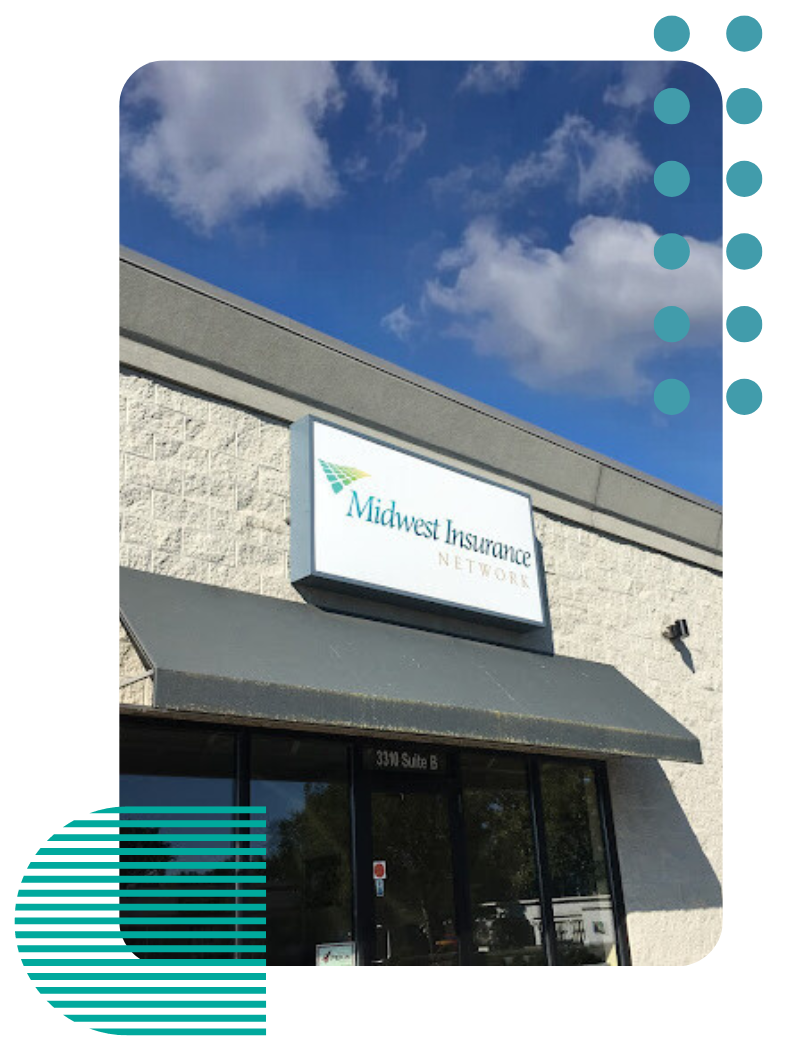Index
Contact Us
Phone
agency@midwest-insure.com
Location
Northwood, OH
3310 Woodville Road, Suite D
Northwood, OH 43619
Elmore, OH
361 Rice Street
Elmore, OH 43416
Landlord property insurance is a crucial aspect of property management in Ohio. This comprehensive guide will provide you with all the necessary information to understand, select, and manage your landlord property insurance effectively. We will delve into the intricacies of what landlord property insurance covers, how to choose the right policy, and the
legal requirements in Ohio.
Understanding Landlord Property Insurance
Landlord property insurance, also known as rental property insurance or landlord insurance, is a policy that covers property owners from financial losses connected with rental properties. The policy covers the building, with the option of insuring any contents that belong to the landlord.
Landlord property insurance is different from homeowners insurance in that it is specifically designed to cover rental properties. It typically provides coverage for property damage, liability cost, and loss of rental income. Understanding the specifics of what your policy covers is essential to ensuring you are adequately protected.
What Does Landlord Property Insurance Cover?
Landlord property insurance typically covers the physical property and other structures, such as sheds or garages, from damage caused by fire, lightning, wind, hail, or other covered losses. It also provides coverage for any personal property, such as appliances or furniture, owned by the landlord and provided for the tenant's use.
Liability coverage is another crucial aspect of landlord property insurance. This protects the landlord if a tenant or a visitor suffers an injury on the property and the landlord is found to be responsible. It can cover legal fees and medical expenses.
Another important coverage is loss of rental income. If the rental property is temporarily uninhabitable due to a covered loss, this coverage can help compensate for the lost income.
Choosing the Right Landlord Property Insurance in Ohio
Choosing the right landlord property insurance requires careful consideration of several factors. These include the level of coverage you need, the cost of the policy, the insurance company's reputation, and the specific requirements in Ohio.
The level of coverage you need will depend on various factors such as the value of your property, the location, and the type of tenants you have. It's essential to ensure that your policy covers all potential risks your property might face.
The cost of the policy is another important consideration. While it's crucial to ensure you have adequate coverage, you also need to consider the cost-effectiveness of the policy. Comparing quotes from different insurance companies can help you find the best deal.
Understanding the Legal Requirements in Ohio
In Ohio, there are no specific legal requirements for landlords to carry property insurance. However, if you have a mortgage on your property, your lender may require you to have insurance. Even without a legal requirement, it's highly recommended to have landlord property insurance to protect your investment.
Ohio law does require landlords to disclose any existing damage to the property to prospective tenants. If a landlord fails to do this and a tenant is injured as a result, the landlord could be held liable. Having liability coverage as part of your landlord property insurance can protect you in such situations.
Managing Your Landlord Property Insurance
Once you have chosen the right landlord property insurance, it's important to manage it effectively. This includes understanding your policy, keeping it up to date, and making claims when necessary.
Understanding your policy is crucial. Make sure you know what is covered and what is not, and understand the terms and conditions. If there's anything you're not sure about, don't hesitate to ask your insurance provider.
Keeping your policy up to date is also important. If there are changes to your property or your tenants, you may need to update your policy. Regularly reviewing your policy can help ensure you're always adequately covered.
Finally, if you need to make a claim, it's important to do so promptly. Be sure to provide all the necessary information and documentation to your insurance company to ensure a smooth claims process.
Conclusion
Landlord property insurance is a vital part of managing rental properties in Ohio. It provides protection for your property, your tenants, and your income. Understanding what landlord property insurance covers, how to choose the right policy, and how to manage your insurance effectively can help ensure you're adequately protected.
While there are no specific legal requirements for landlord property insurance in Ohio, it's highly recommended to protect your investment. By choosing the right policy and managing it effectively, you can ensure your rental property is a successful and profitable venture.




